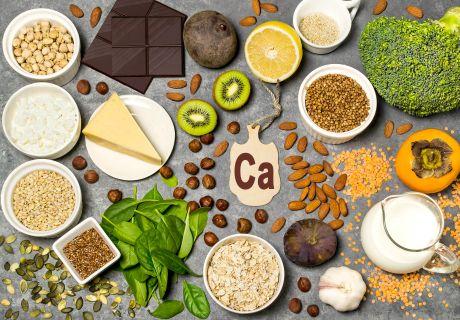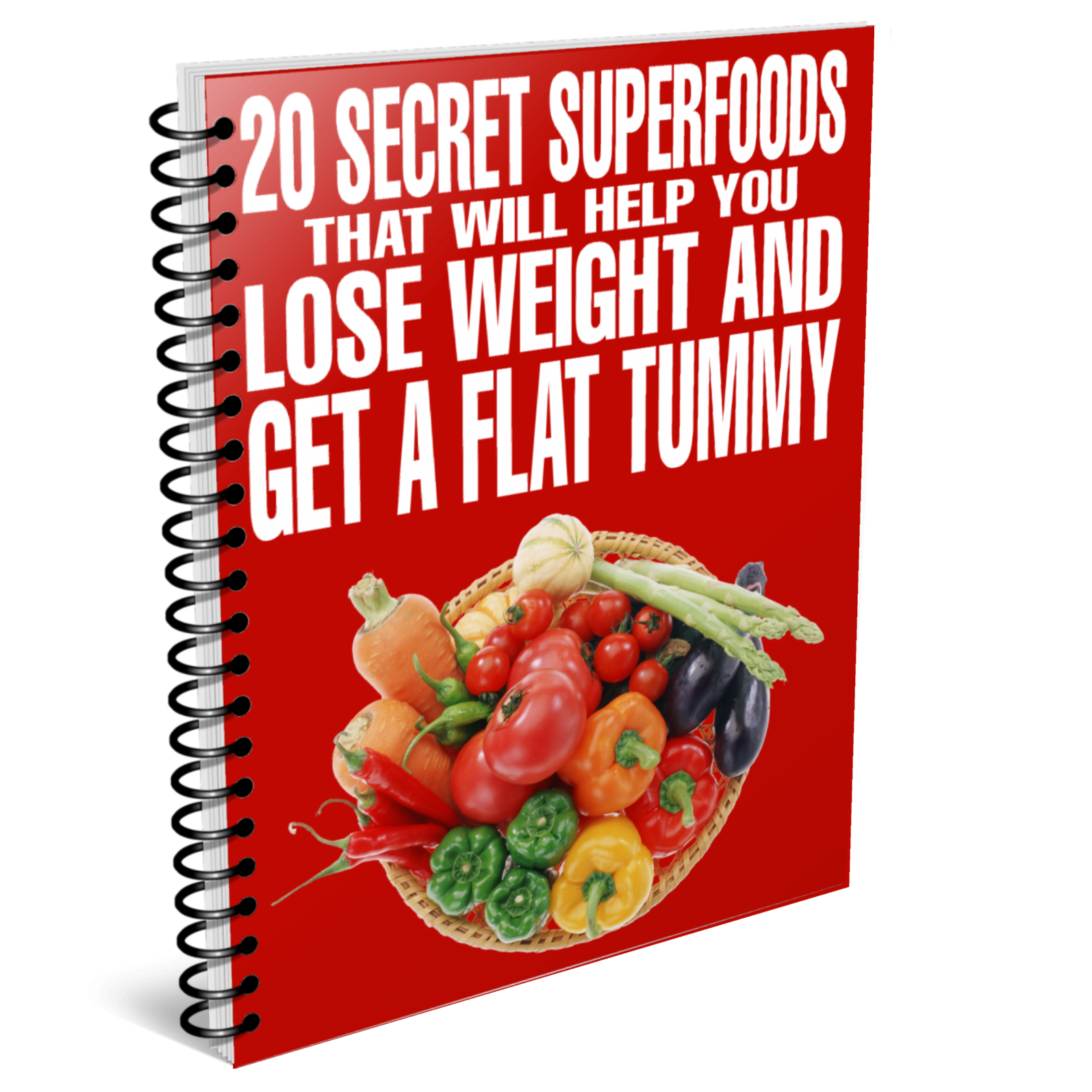Back pain is often seen as a structural problem related to an injury, a degenerative illness, or poor posture. And it is true that these are often the main causes of the pain itself. However sometimes we need to take a step further back and see what we are doing which may be contributing to our back pain, or making it worse than it needs to be. And often there is an element of diet which has not been considered.
Our whole bodies are one unit, working together. What happens to our heart will affect how our lungs and brain work? How our hormones are regulated will impact our appetite and mood. And the foods we eat are both the fuel and the building blocks for everything else that happens inside our bodies, including what goes into and happens to our backs.
And what we eat definitely affects how we experience back pain. Back pain does not happen in a vacuum. Like all other pains, changing our hormones will change how intensely we experience back pain. And depending on what is causing it, eating the right foods could actually promote healing and help get us to a place where we are no longer suffering back pain.
Inflammatory foods can be very bad for someone with chronic back pain. Chronic back pain, that is back pain which we have on and off, or permanently, for over four months continually, is usually caused by a disease, not an injury or an illness. Whether your condition is autoimmune or allergy based, or just unknown, chances are inflammation is playing a huge role in how much pain you are experiencing.
Many people find that they suffer less inflammation if they reduce the amount of inflammation-promoting foods in their diets. Some foods, such as caffeine, alcohol, simple sugars, and legumes, promote inflammation in almost everyone. But different people have different bodies, and you may find that grains, dairy, eggs, nuts, seeds, meats, citrus fruits, etc., cause inflammation in you. Working out which foods promote inflammation in your body and excluding them is a great way of reducing back pain.
If osteoporosis is a real risk for you, then you need to focus on your micronutrients. Calcium is a great place to start. Calcium deficiency is the leading cause of osteoporosis. If you eat dairy and digest it well, chances are you are getting enough calcium. But if you are not able to eat dairy or do not digest it well, then you will need to consider dietary changes or even supplements to make sure you get enough calcium.
Collagen production also protects against osteoporosis. Collagen is a type of elastic protein which binds together all the cells in our bodies. And our bones are no exception: all those minerals are glued together with collagen. It is not enough to eat foods containing glucosamine and other compounds which our bodies use to make collagen. You need to get enough iron and vitamin C if you want to make collagen efficiently.
Getting enough to eat is vital for protecting against osteoporosis. Not only does under eating make it very hard to get all the nutrients your bones need, but not getting enough calories means your body does not have the energy to repair itself. Most of your body is leaking minerals, vitamins, proteins, and fats all of the time. If you eat enough, then you will have the energy to keep your body, bones included, strong. If you do not, then you are at risk of osteoporosis and back pain.
But don't go too far the other way! The human body is designed to carry a certain amount of weight, in certain places. If we over eat we are adding weight our bodies cannot handle, and this extra weight puts strain on the muscles around our spine. This not only causes back pain, but puts us at risk of serious injury, which could lead to future back pain.


 20 Super Foods That Will Help You lose weight
20 Super Foods That Will Help You lose weight